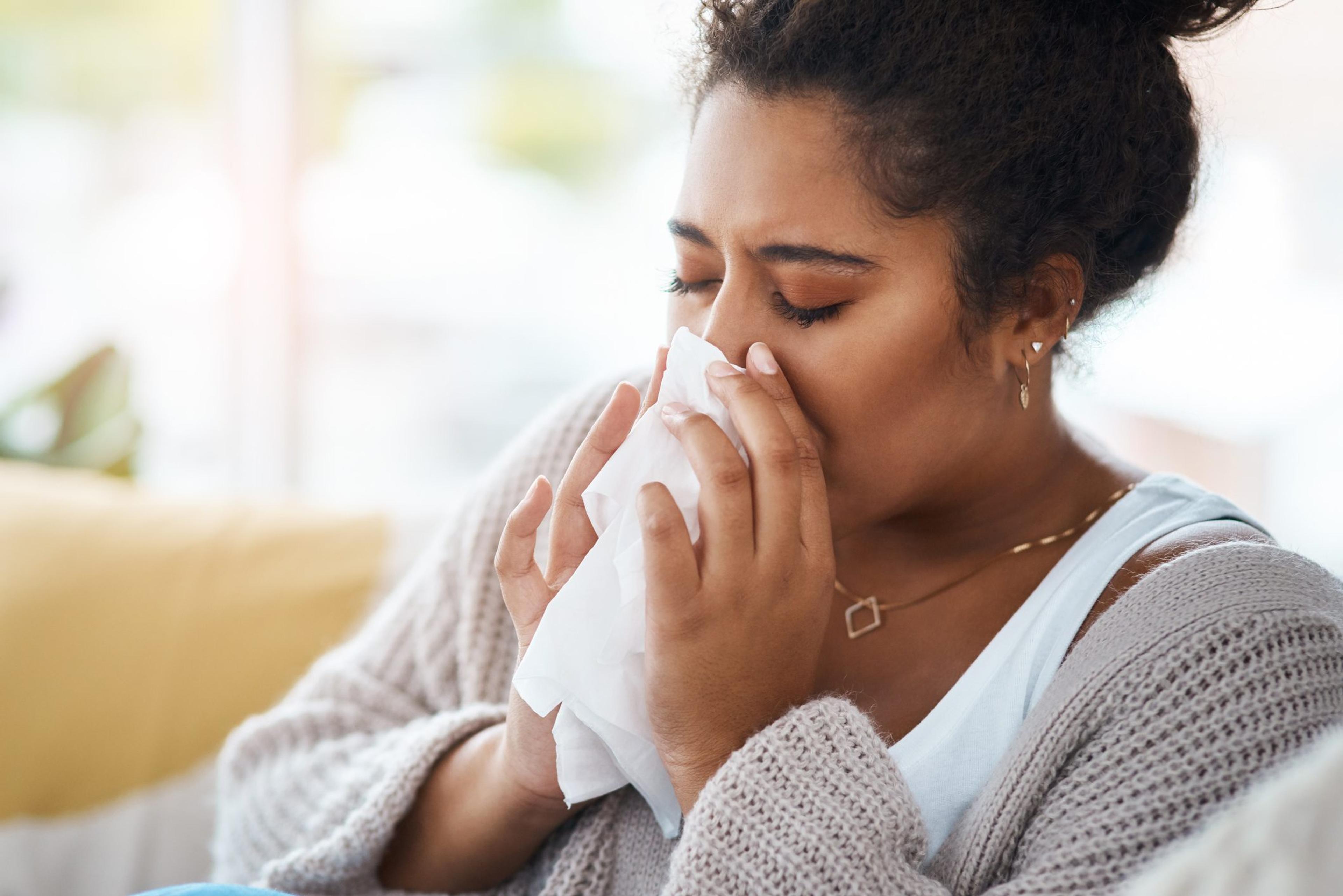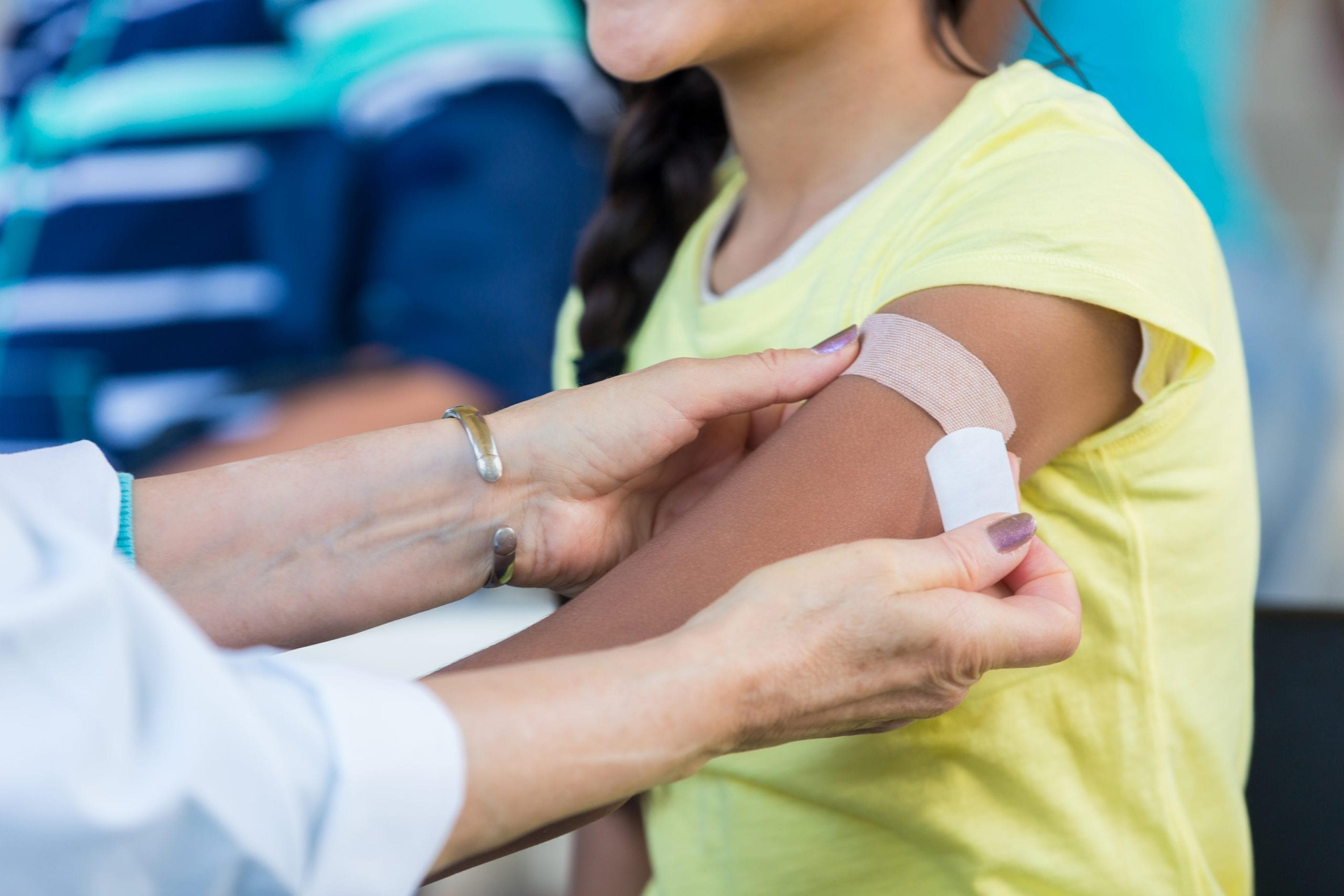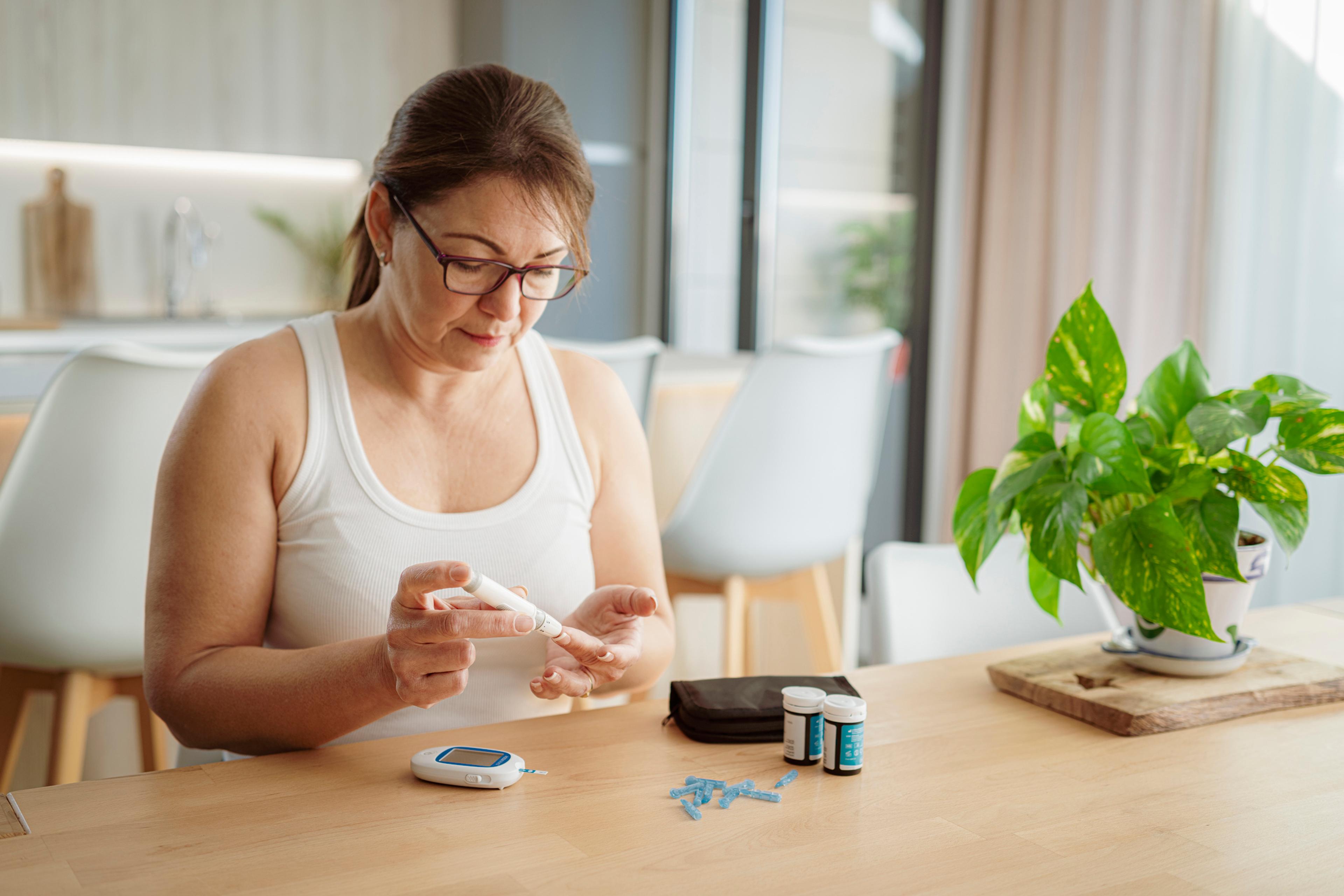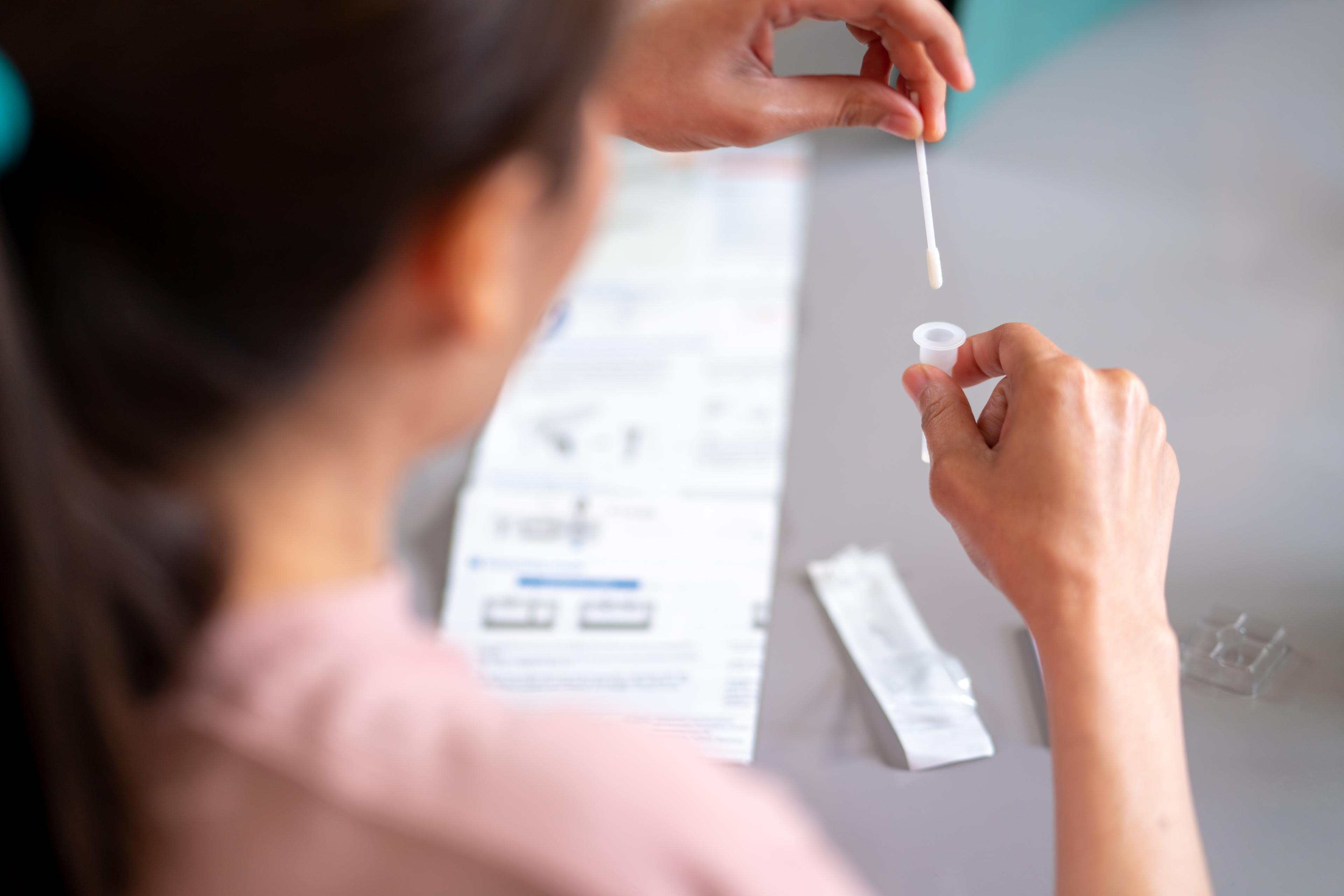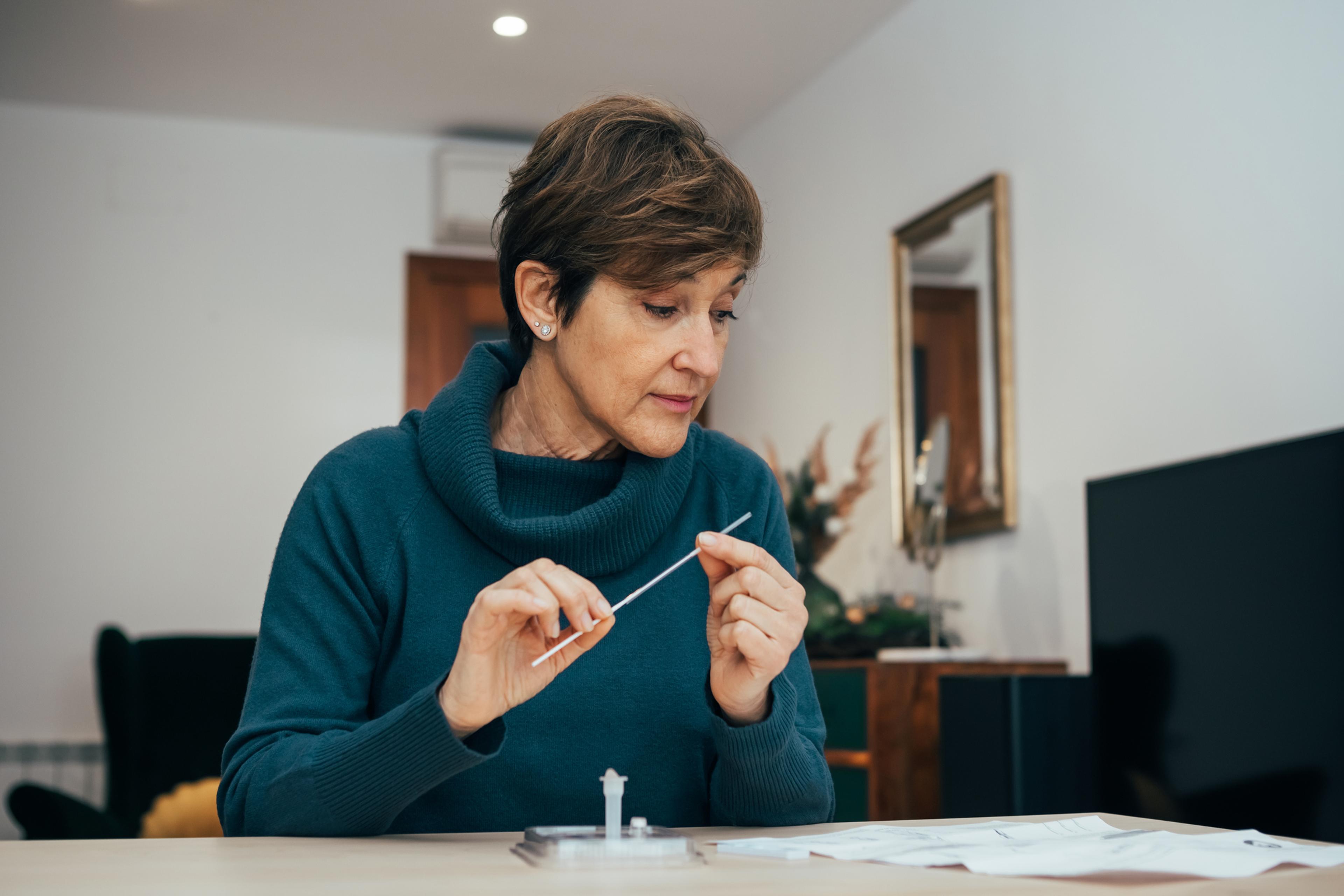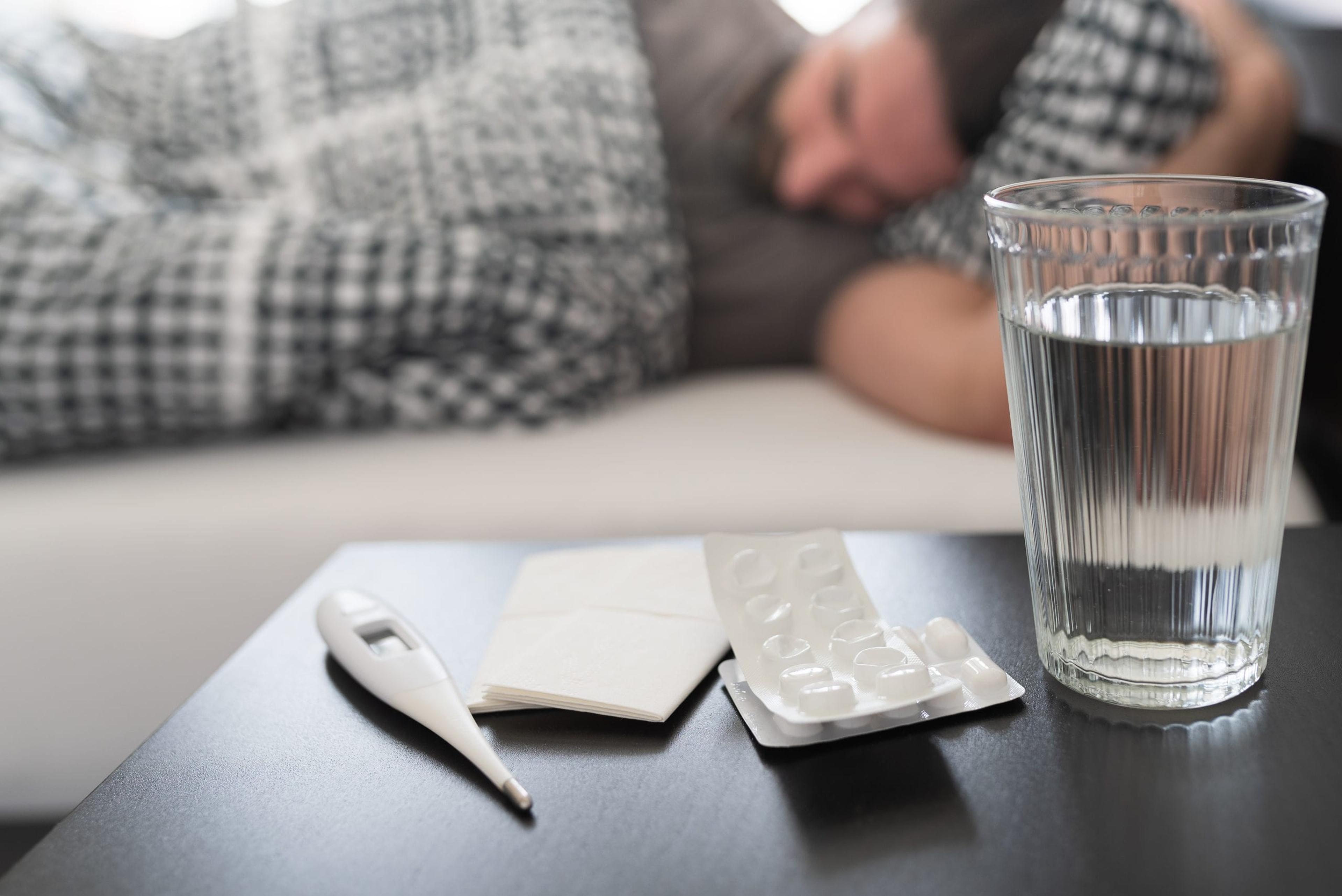
When her husband, Michael Wilder, became sick in March, Dominique Wilder quickly realized he was fighting more than a bout of the flu. He went straight to bed and stayed there.
Dominque and Michael Wilder. “It was scary because we had never seen him sick like that before,” said Dominique, an associate Head Start teacher in Kalamazoo. “I knew this was something different, and he just kept getting weaker and weaker.” Looking back, the family considers it a small miracle neither she nor the couple’s young daughters became seriously ill. They didn’t have any masks or gloves to wear at home. But they did what they could. Michael stayed upstairs in his room, while Dominique and the girls camped out in the living room. She relied on disinfectant to clean everything in the house and the family continuously used hand sanitizer. Dominique went upstairs to check on him, frequently, often bringing soup and tea to help keep him hydrated. He was sweating so profusely, she recalls, he lost 10 pounds in four days. During the first week, she changed his wet sheets twice a day. “Everywhere I went, I had to disinfect anything that I touched after leaving him,” Dominique said.
Bed-bound for 15 days
Michael, 47, was more susceptible to coronavirus because he has diabetes, which is considered an underlying health condition. He was bed-bound for a total of 15 days and spent another 30 days recuperating before he could return to work. Worried about him, Dominique took him to the doctor’s office that first week. Too weak to walk, he had to use a wheelchair. With his temperature above 102, she was told to take him to the emergency room. But there was little that could be done, Dominique remembers. At the time, the hospital had few coronavirus tests, and those were being saved for those who likely needed to go on a ventilator. The Wilders were sent home and told to quarantine for 15 days. A doctor later confirmed that Michael was included in Kalamazoo County’s COVID-19 statistics.
Long-term health effects
He likely contracted the disease during a visit to a Chicago-area youth prison a week earlier. The trip was part of his work as a group violence intervention coordinator for the city of Kalamazoo. Later, he learned that six others in the group became ill with COVID-19. “I'm just amazed that Dominique didn't get sick at all,” said Michael, who remembers one day when his wife looked ill. “I looked at her, and she was gray." Fortunately, she was better the next day. He's grateful no one else in his family experienced COVID-19, because he’s had to deal with its long-term effects. “Before I got COVID, I did 100 push-ups every morning before I went to work. COVID ravaged my body so much, I only can do about 24 push-ups. I still haven’t gotten my strength back,” Michael said. Dominique lost an aunt and an uncle to the virus. Her godmother, who is a health care worker, and a neighbor had it and recovered.
Be vigilant about prevention
Her advice is to be vigilant about wearing masks and washing hands. “We are wearing masks and using lots of hand sanitizer. We are also limiting where we are going. I try to make sure that we have a clean mask every day," Dominique said. The Centers for Disease Control and Prevention recommends people living with someone who is ill from COVID-19 take the following precautions:
- Wash dishes and utensils using gloves and hot water.
- Clean hands after taking off gloves or handling used items.
- Avoid sharing personal items.
- Open windows to improve air circulation in a home.
Related:

